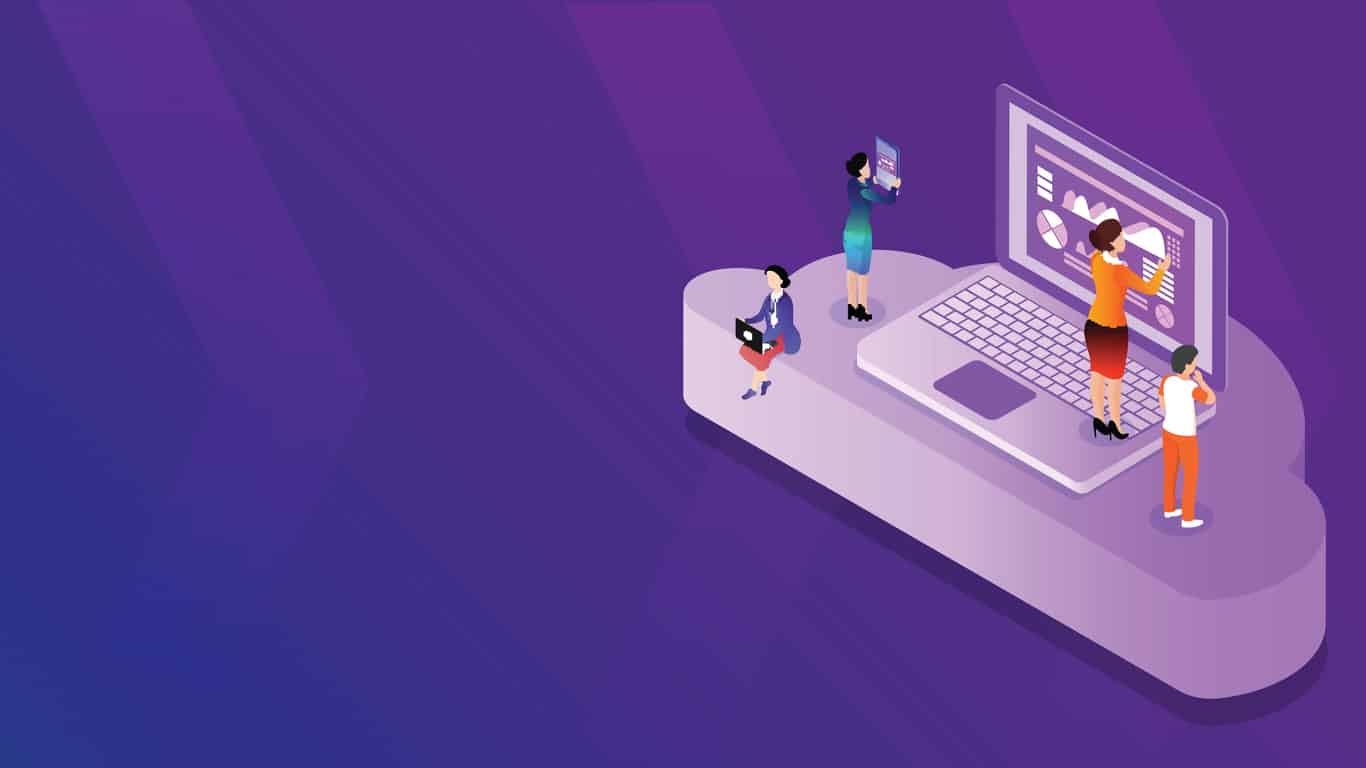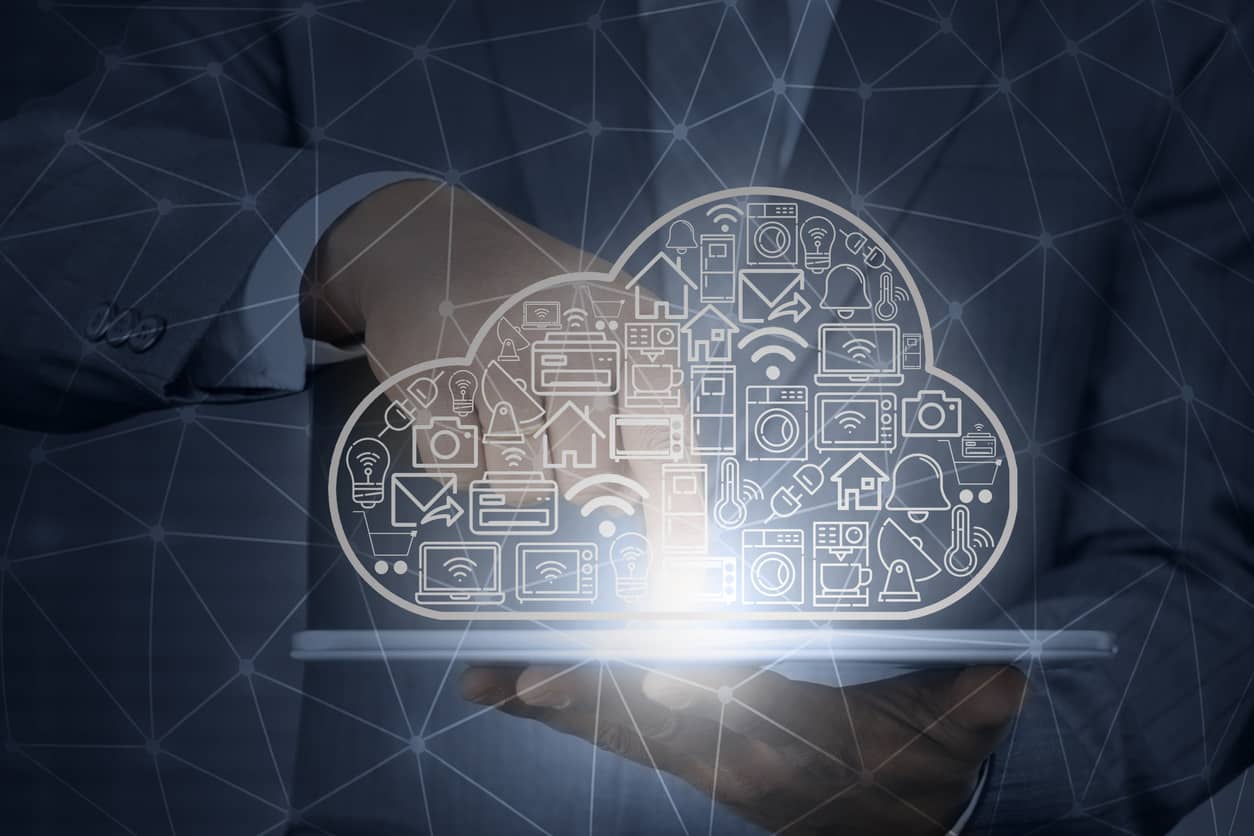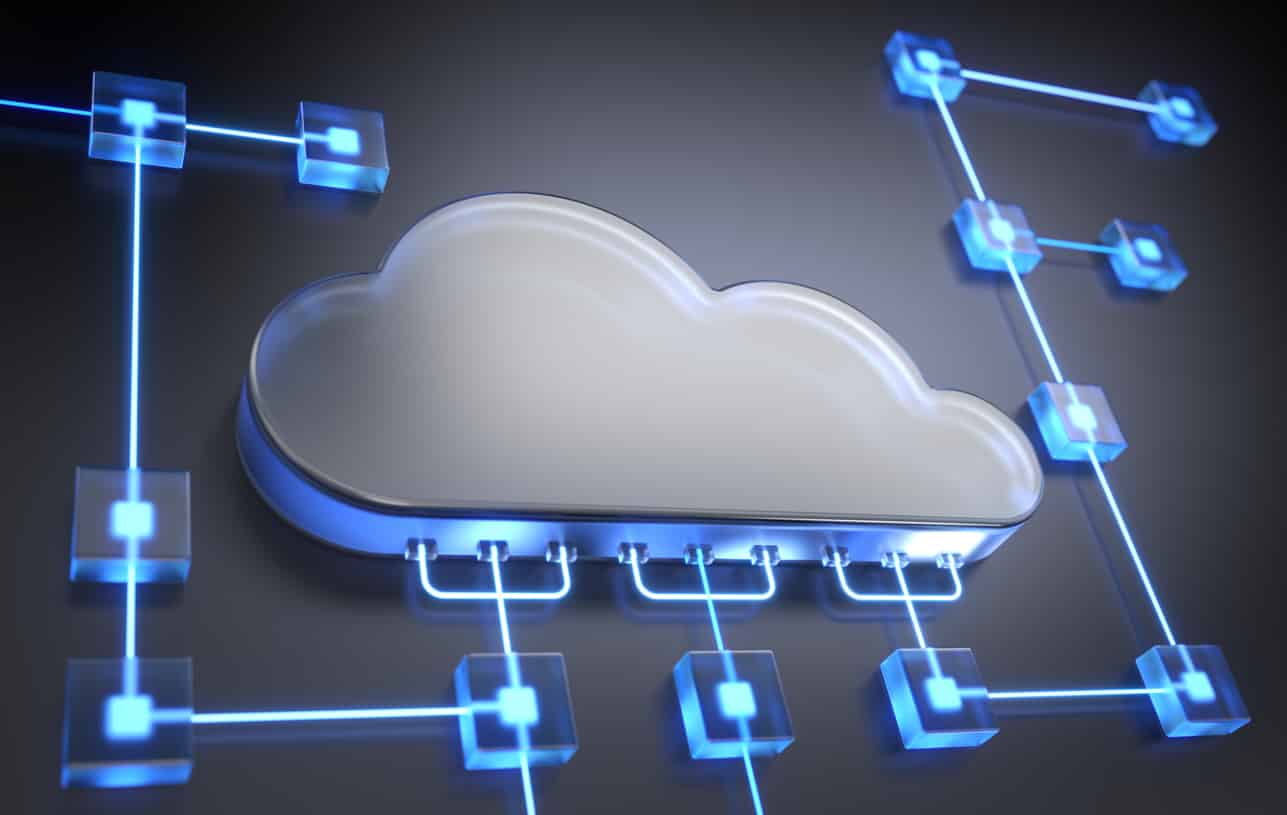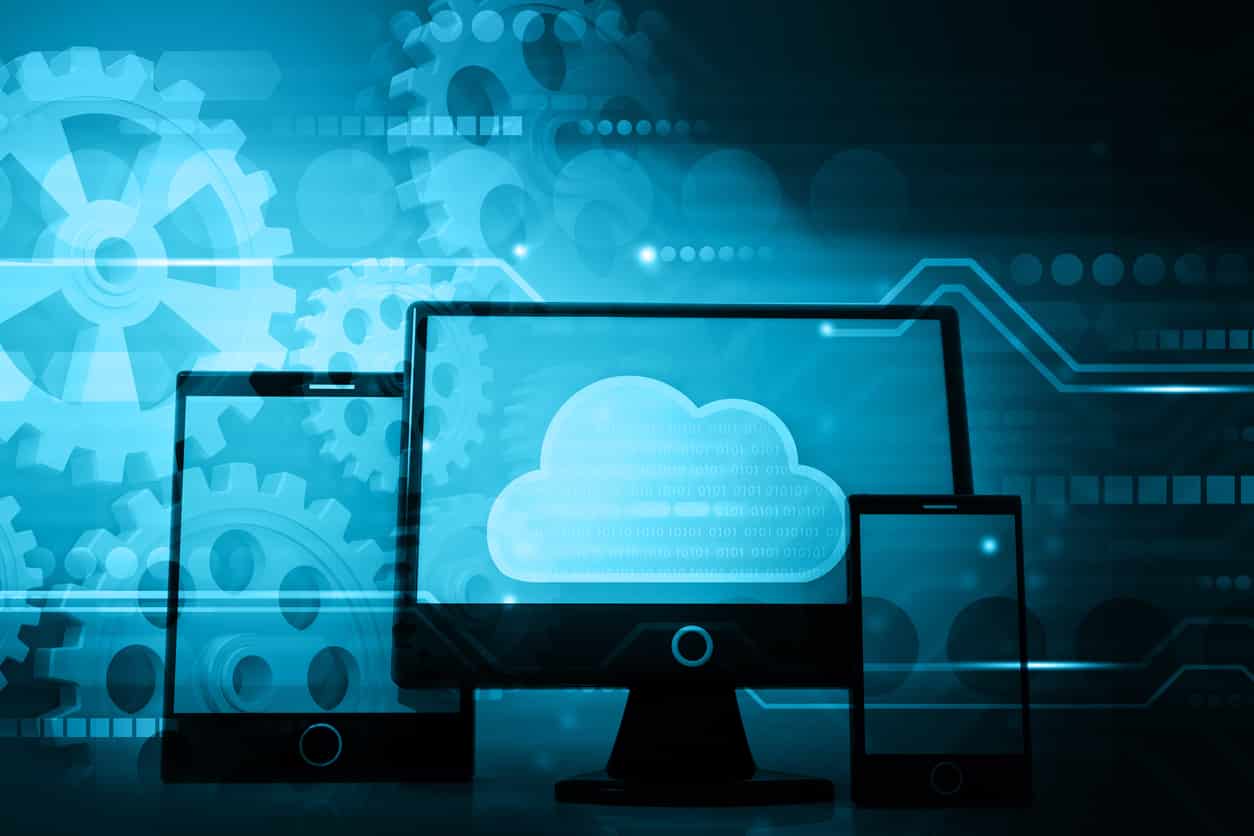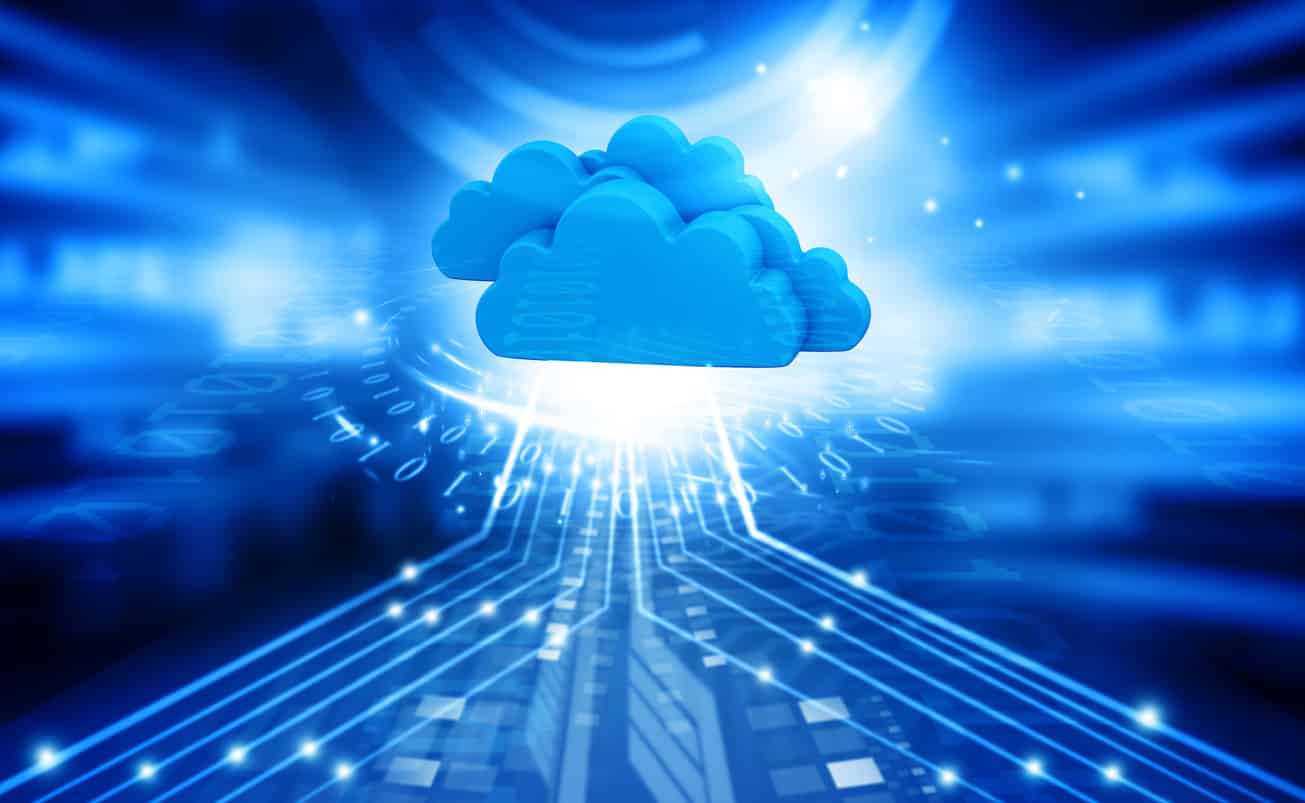At present, the IT industry has become one of the leading global business areas. Mostly the IT giants rule in this sector, and they make huge profits. However, many people are coming up with outstanding IT ideas and are efficiently sustaining the market to earn profits.
Now, one of the primary elements which an IT businessman can come across is an application. There are different kinds of applications that support a business properly.
The IT teams are there to design these apps, and the organizations sell these as a form of service.
As cloud computing technology has become the latest trend, cloud based applications have become the support system for IT and different types of business. However, some sectors use traditional applications.
As per a survey study by Allied Market Search, the total worth of the cloud computing market in 2019 was $264 billion. It is expected to experience a sharp boost up by 2025. Moreover, Leftronic gives two more stats that 90% of the companies around the globe use cloud service and 77% have some part of their workflow on a cloud.
Difference between cloud-based apps and traditional application
The major differences between cloud-based apps and traditional computing apps are given in detail here. To make it easily understandable, both types of apps are distinguished based on various aspects.
Architecture
For any application, architecture is a vital aspect as it helps you understand the application’s design.
- Traditional apps’ architecture: Traditional apps are made on three basic tiers known as database tier, presentation tier, and app logic tier.
- The architecture of cloud-based apps: Cloud-based apps are made for infrastructure build-up. They work on theories of user interface and automation.
Infrastructure
Due to the difference in architecture, it is evident for both cloud-based apps and traditional computing apps to have an infrastructural difference.
- The infrastructure in traditional apps: Traditional apps have a static infrastructure. While using traditional apps, you need to scale data manually as it lacks automation. As a result, you can frequently face challenges during manual data scaling by a traditional app.
- The infrastructure of a cloud-based app: Cloud-based apps, being automatic, can scale data independently. The only thing you need to do is mention your requirements.
Cloud-based apps are compatible with dynamic frameworks, unlike traditional counterparts, as they are designed as per the SOA principles.
Cost-effectivity
When it comes to cost-effectivity, cloud-based apps lead the race as they are designed, keeping the service orientations in mind. Costliness is one of the main reasons why traditional apps are losing credibility over time.
When you discuss cost-effectivity, consider the conveniences cloud-based apps can provide you. You can avoid paying the server maintenance cost and the licensing costs too.
As the cloud-based apps can be remotely handled, your infrastructure cost diminishes drastically. All you have to do is pay for the SaaS product while using software locally.
OS Dependency
OS dependency is a significant aspect on which a cloud-based app and traditional computing app can be distinguished. As per the architecture of traditional apps, it is totally dependent on a specific OS.
A traditional app is always dependent on a specific OS for working properly. It is also reliant on backing services, storage and hardware. These traits make OS migration risky for a traditional computing app.
On the other hand, cloud-based applications are independent, as cloud computing technology is omnipresent. As a businessperson, you can easily use a cloud-based app on a system with any OS.
Cloud apps do not require patches or configurations, unlike traditional apps. Nowadays, you can easily purchase cloud services from globally renowned brands and run your own business with an outstanding infrastructure.
Convenience of collaboration
At present, easy and efficient collaboration is crucial to run a business on the digital platform. Moreover, the business sector has turned data-centric. In such a backdrop, traditional apps require finished codes and often lead to internal conflict in an organization. Furthermore, it is quite slow, and you can overlook your production level sinking while using traditional apps.
Cloud-based apps allow easy collaboration, and the developers can complete codes efficiently. Since the cloud apps are service-oriented, you can ensure proper production in your organization.
Security
Security is one of the vital needs to run a business properly. Both cloud-based apps and traditional computing apps have distributable features in terms of security.
As the traditional apps are made statically, it only provides a single security layer to the business-related data. However, you can have multiple layers of security while using a cloud-based application.
Cyberattacks are rare in the case of cloud-based applications due to the presence of multiple hosts. It provides several layers of security to the apps making your data safe.
If you plan to open a business and expand it, the service-oriented cloud-based applications can be your best support system.
Availability
The IT executives release traditional apps over long intervals, often a few weeks or months. It occurs as the traditional apps need manual scripting. Moreover, it cannot be released unless all the components of coding are complete.
Cloud-based applications are different. In the case of these apps, you can get regular updates and enhanced features. As a result, running your business will become much more manageable.
Even in case of some loopholes, the IT team works dedicatedly to quick eradication. This manageability helps your business run at a good pace, and you can earn a good profit.
Backup and Recovery
When it comes to backup and recovery, there is no automated feature present in the traditional apps. Neither is there a disaster recovery service. So, as a businessperson, you can come across several problems while using a traditional app.
However, the picture is entirely different on the other side. Cloud-based apps have well-designed structures that ensure proper backup for all the data. Moreover, the DRaaS app can help you access the backups if it gets deleted all of a sudden.
This happens due to the presence of elastic scaling features in the cloud-based application.
Final words
As a businessman, you have probably made your mind about the type of app to choose. No matter which business you are in, the cloud-based apps can be your overall support system. Traditional apps might not be satisfactory for you due to its architecture and infrastructure. You can use various kinds of cloud-based applications as they are readily available and frequently updated.
The best thing you can expect to get from the cloud-based app is agility. It can respond to your necessities and allow you to work accordingly.
As a person with not much technical knowledge, you might not know to make your cloud-based app. However, you can purchase them from the providers. Make sure you know the specific apps you need to run your business on the cloud-computing platform.
Cloud computing has a promising future. Your business success depends upon your timely decisions that ensure profits. Never forget to study the latest cloud computing trends as it can lead to the betterment of your business. You can expect several updates on the cloud-based apps in the years to come that will allow you to run your business without any hassle.
You can also check our Great Learning’s PGP Cloud Computing Courses and unlock your dream career.
Also Read:
Comparing Amazon Web Services, Microsoft Azure and Google Cloud


